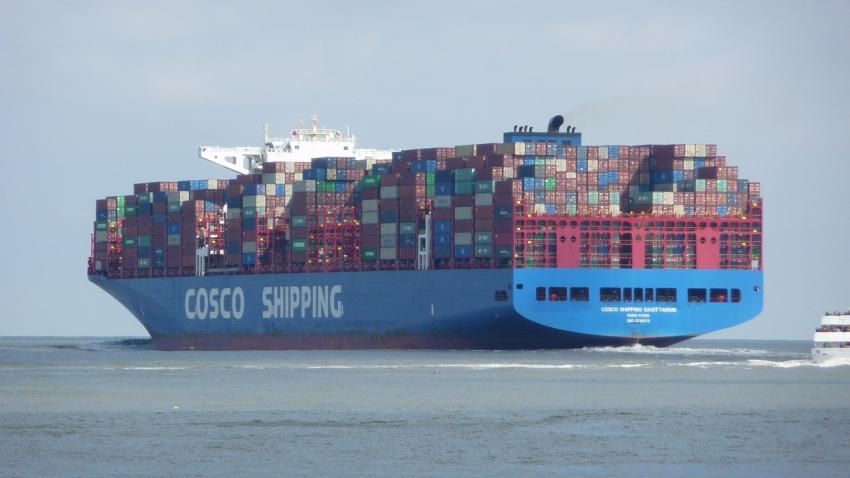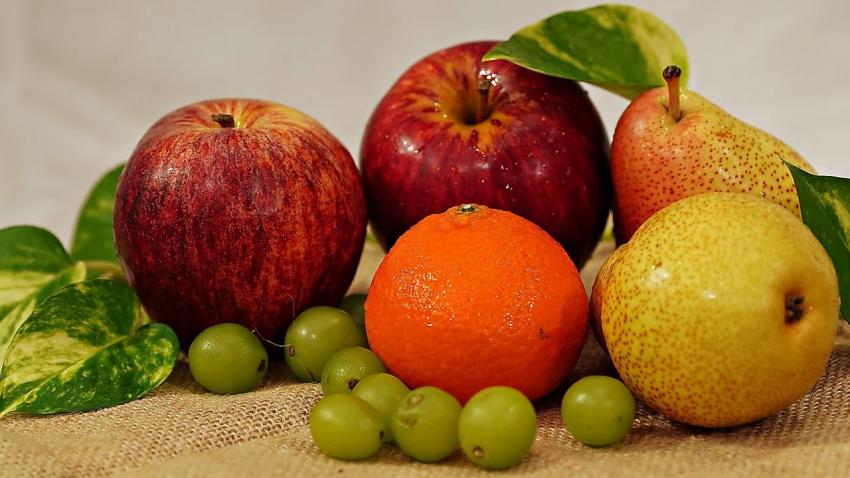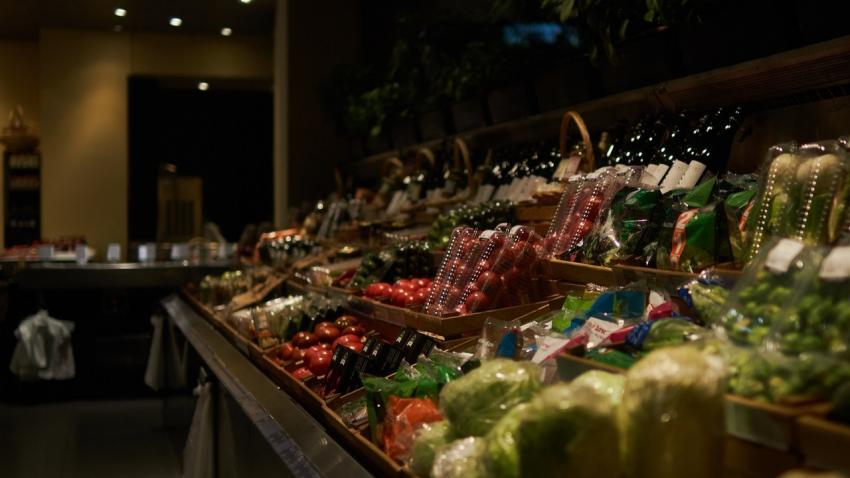You are here
Back to topInnovation, Traceability, and Trends in Today’s Produce Industry

In advance of PMA Fresh Connections: China (March 15-17, 2017, Shanghai), Produce Report sat down for an exclusive interview with Dr. Elliott Grant, a key speaker at this year’s conference, who is also a member of PMA’s Board of Directors and chair of its Science & Technology Committee. With a PhD in Engineering from Cambridge University, Dr. Grant was the founder and CEO of HarvestMark, an industry leader in fresh supply chain traceability, authentication, and analytics, before moving on to become CEO of ShopWell, a free, personalized nutrition app used by over 2 million shoppers in the United States.
Dr. Grant is also the author of numerous patents on traceability in the produce industry and the inventor of the Voice Pick Code technology, which has been integrated into the produce industry’s traceability standard in the U.S. He was selected by the Silicon Valley Business Journal as a top “40 under forty” executive in 2009 and was named one of the top 25 executives in the produce industry by The Packer in 2010. Dr. Grant has also recently joined Google X, Google’s cutting-edge research, development, and innovations laboratory.
Produce Report: How many companies have you created so far?
Dr. Grant: I founded HarvestMark in 2006, and the company was acquired in 2015 by Trimble. As part of the acquisition I spun off a small business that focused on personalized nutrition, called ShopWell. The ShopWell business was acquired by Innit, Inc. in January of this year.
Produce Report: As the creator of 25 patents and inventor of the Voice Pick Code Technology, could you share your thoughts and ideas about innovation with us?
Dr. Grant: There’s an English proverb that “necessity is the mother of invention.” For me, that translates as “pose me a business problem that needs an elegant solution.” That’s a much more focused process than starting with a technology and trying to come up with something to solve with it. Ever since I was a kid, I’ve kept notebooks full of ideas for inventions (most are crazy). But it’s the lens I see the world through, ‘how could this be done better’?
My philosophy around innovation also relies on cross-pollination. I have a PhD in engineering from Cambridge, an education that gave me a broad basis of technical understanding in multiple disciplines. I still read widely, so that I might be able to bring an idea from one domain into another.
Produce Report: Where do you find the creativity to come up with 25 patents?
Dr. Grant: Most of the patents I wrote relate to traceability and encryption. The problem I was trying to solve was: how can you put a number on a product, at very low cost, that could be easily authenticated by someone with a cell phone? The more we dug into the problem, the more opportunities we found to invent new solutions. We also were careful to build one technology upon another, which is a strategy to protect the company’s intellectual property (IP). For a technology company in the U.S., IP is an important part of the value created for investors.
Produce Report: As the chair for PMA’s Science & Technology Committee, what major trends in science and technology do you see in the produce industry today?
Dr. Grant: This is a very exciting time to be in the produce industry. There are so many important technologies coming to market that could increase consumption, reduce waste, improve safety, reduce costs, and so on. But sticking to my theory that it is challenges that drive innovation, not technologies, here are 6 themes and areas that I think will spur a lot of innovation in the global produce industry:
1. Transparency: what’s in my food, where is it from, how was it produced, and is it safe? In addition to software-based traceability solutions, we’ll see tagging, hyper-spectral imaging, and DNA-based technologies emerge.
2. Sustainability: improve water efficiency, reduce runoff, and improve water safety. Reduce wasted chemical application through ‘precision agriculture.’
3. Labor: to compensate for rising labor costs and lower labor availability, we’ll see more robotics, automation, and the application of Artificial Intelligence. It won’t just be a swap out for manual labor - technology will disaggregate the tasks and could enable new ways of growing altogether.
4. Plant Forward: satisfy consumer interest in substituting calories with plant-based foods, and create more interesting flavors.
5. Digitization of Trust: enable more data sharing in the food system: standards, food ontology, and trusted identities.
6. Reduce Waste: food waste creates an opportunity to reduce costs, increase availability, and delight shoppers. Innovations in packaging, coatings, inspection technology, supply chain coordination, ecommerce, sensors, and more will each have an impact.
Produce Report: What drives you to China? Do you envision opportunity for traceability technologies in this market?
Dr. Grant: I am certain that the China market is ideally suited for traceability in the produce business - as it grows and strengthens, trusted brands emerge. Indeed, there are several companies already providing the technology in China (including HarvestMark).














Add new comment